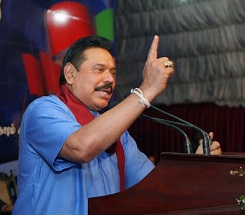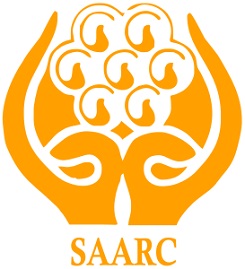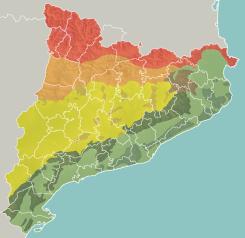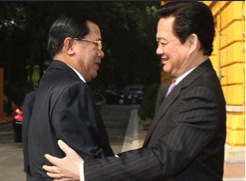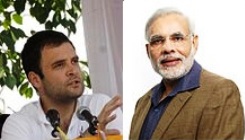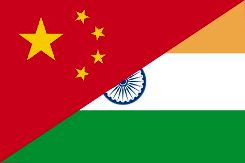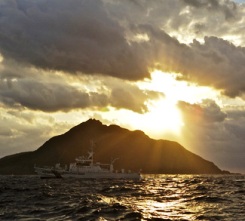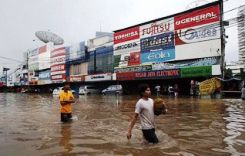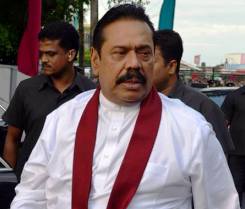By Donald Camp* | IDN-InDepth NewsViewpoint
WASHINGTON (IDN) – There was a time, not so long ago, when Sri Lanka was known for the quality of its democracy. In 1975, when I was a foreign service officer at the US Embassy there, the country was in economic straits but proud of its international reputation for an independent political culture, a feisty press, and a remarkably high standard of education and social services.
There were tensions between the Sinhalese and Tamils, but there was also a history of cooperation and respect amidst Sri Lanka’s ethnic and religious diversity. Hindu shrines thrived within the country’s most sacred Buddhist temples. Christians and Muslims played a prominent political role. And at least among the urban elite, Tamils and Sinhalese studied together, played together, and often married each other.

